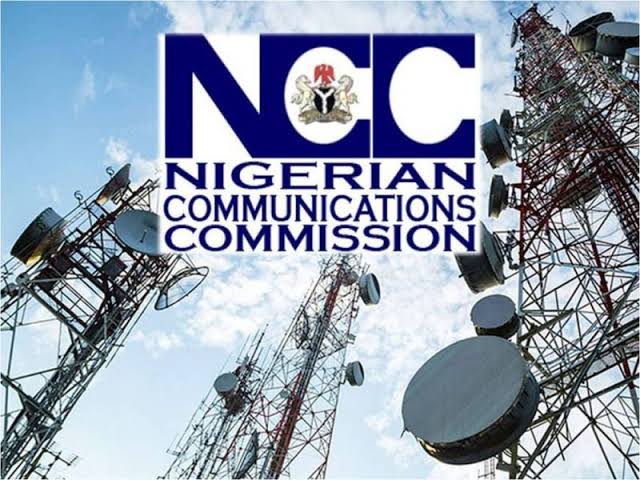Nigeria’s Communications Commission (NCC) has ordered banks to stop collecting USSD transaction fees from users’ bank accounts, shaking up mobile banking. Instead, these fees will now be deducted from users’ mobile airtime balances.
This directive took effect on Tuesday, marking a significant shift in how USSD banking charges are collected.
The move seeks to settle a dispute between MNOs and DMBs over unpaid USSD fees of ₦250 billion. By shifting the billing responsibility to airtime deduction, the NCC hopes to streamline payments and reduce conflicts between banks and telecom companies.
New USSD billing: charges & consent explained
Under the new billing structure, each USSD session will cost ₦6.98 for every 120 seconds of usage. This fee will be charged by the user’s mobile network operator, not the bank. Before any airtime is deducted, users will receive a prompt requesting their consent to proceed with the transaction. Airtime will only be deducted if the user confirms and the bank can process the request.
United Bank for Africa (UBA) emailed its customers to inform them of this change: “In line with the directive of the Nigerian Communications Commission, please be informed that effective June 3, 2025, charges for USSD banking services will no longer be deducted from your bank account.”
The bank also reassured customers that alternative digital banking options like mobile apps, ATMs, and internet banking remain available.
This consent-based approach protects users from unexpected charges and allows them to discontinue USSD banking if they prefer not to pay via airtime.
Telecom operators push back amid confusion over fee deduction
Despite the NCC’s directive and banks’ notifications, telecom operators have expressed concerns about implementing the new billing model. Industry players such as MTN, Airtel, Globacom, and 9Mobile have threatened to withdraw USSD services, citing misinformation being spread by banks regarding how fees will be deducted.
The Association of Licensed Telecommunications Operators of Nigeria (ALTON) stated that no formal agreement has been reached with banks or the NCC on the shift to airtime deductions. They also highlighted that some banks still owe parts of a ₦160 billion debt to telecom operators, complicating the situation further.
This disagreement underscores the tension between banks and telecoms, with companies insisting that the new billing system cannot be fully implemented until all parties agree on terms and outstanding debts are settled.
Background: The USSD debt dispute and regulatory actions
The conflict over USSD fees dates back to December 2024 when the Central Bank of Nigeria (CBN) and NCC urged banks and telecom operators to resolve a ₦250 billion debt related to unpaid USSD transactions.
Telecom operators threatened to suspend USSD services for banks that failed to clear their dues, leading to regulatory warnings and disconnections of USSD codes for some banks earlier this year.
MTN Nigeria reported receiving ₦32 billion out of the ₦72 billion owed by banks as of February 28, 2025. The NCC’s directive to shift billing to airtime is part of broader efforts to enforce payment discipline and ensure uninterrupted USSD services for consumers.
What this means for customers Using USSD Banking
For Nigerian consumers, this change means that USSD banking transactions will not directly reduce their bank balances but will instead consume their mobile airtime. Each session lasting up to two minutes will cost ₦6.98, and users must actively approve the deduction before it occurs.
Customers who prefer not to pay via airtime can opt out of USSD banking and use other digital platforms such as mobile apps, internet banking, or ATMs. Banks like UBA and Stanbic IBTC have emphasised the availability of these alternatives to ease the transition.
This change may prompt users to reconsider their preferred banking channels, especially those who rely heavily on USSD for quick transactions.
Final notes on the NCC’s end-user billing model
The NCC’s End-User Billing (EUB) model is designed to charge USSD transactions to the end-user’s airtime rather than their bank account. This approach simplifies fee collection and reduces disputes between telecom operators and banks.
While the new system is in effect, ongoing disagreements between banks and telecom companies may affect its smooth implementation. Users are advised to stay informed about their bank’s communication and monitor their airtime balances to avoid unexpected deductions.











